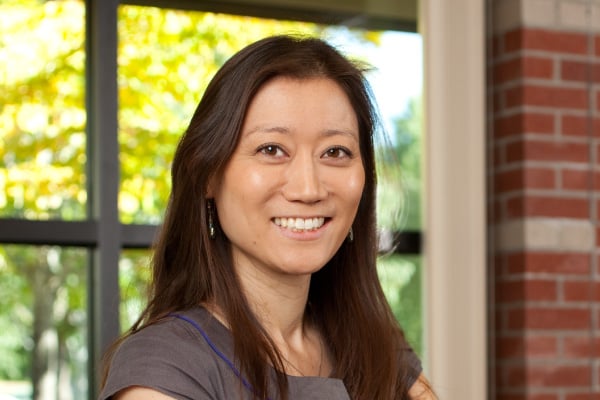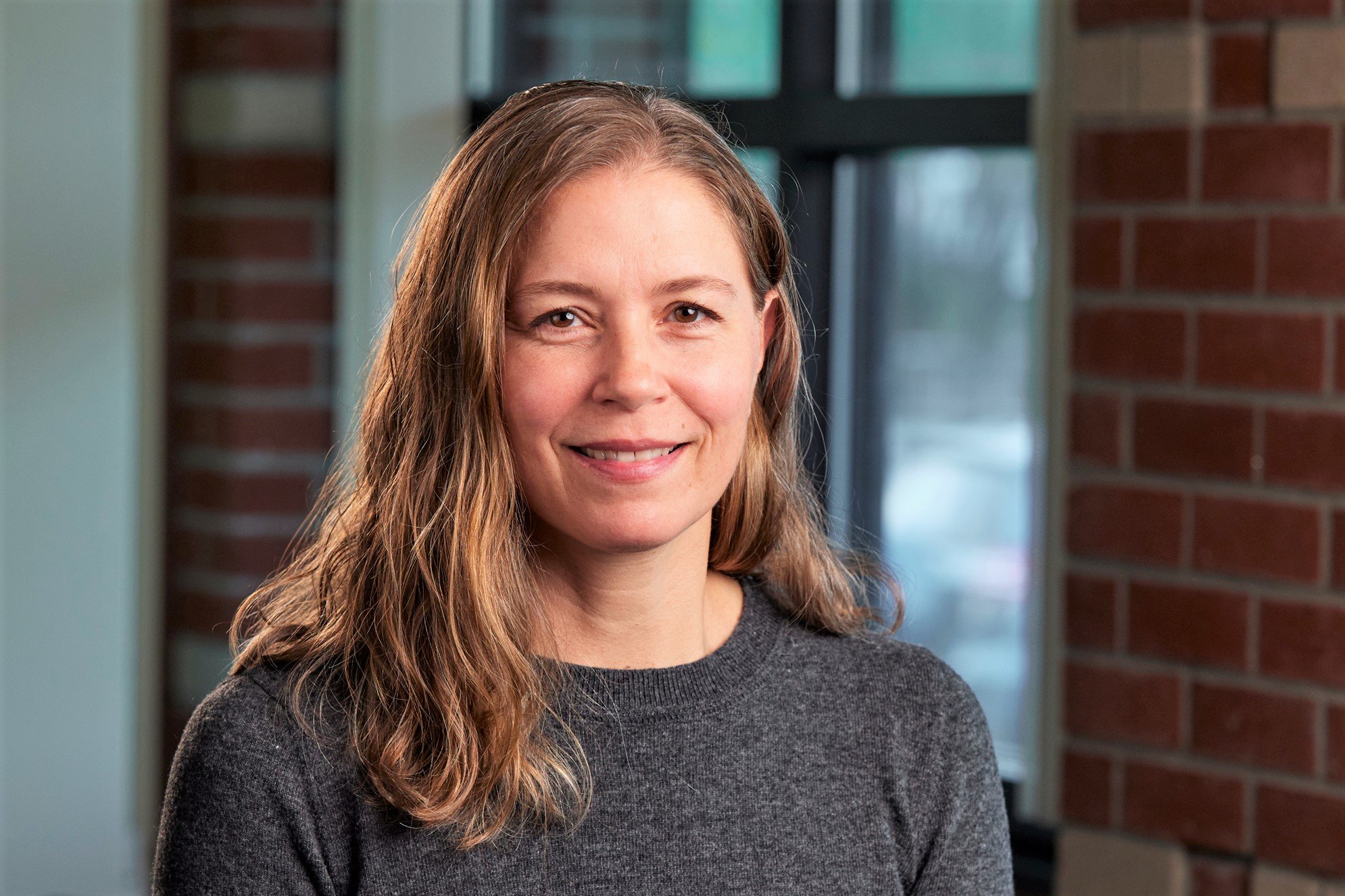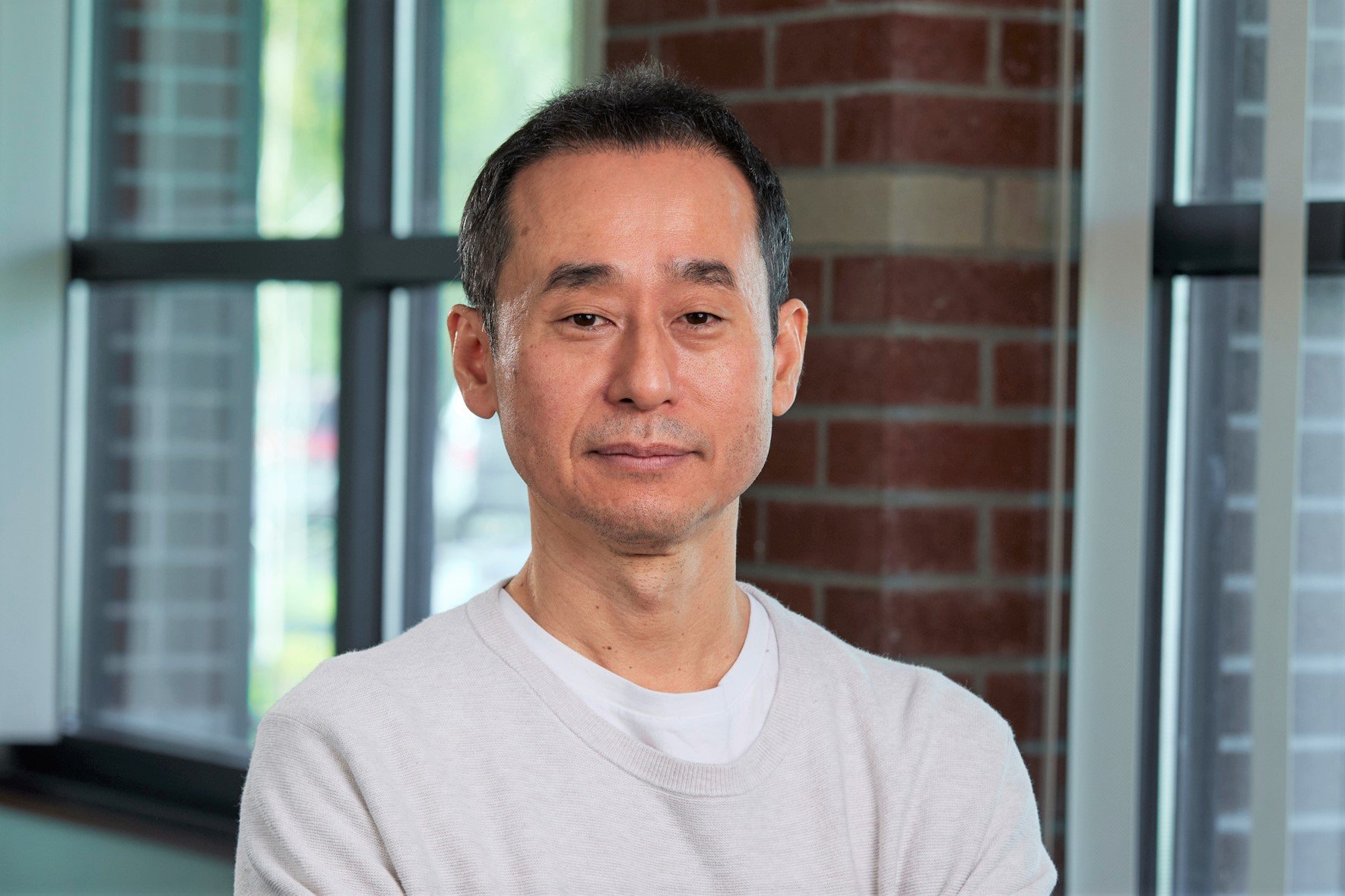Esophageal Cancer Care at Willamette Valley
When cancer occurs in the esophagus it is known as esophageal cancer, which is a type of gastrointestinal (GI) cancer. The esophagus is a hollow, muscular tube that connects from the back of the throat to the stomach. It is located behind the trachea (windpipe) and in front of the spine. The esophagus helps move the food you swallow from the back of the throat to the stomach for digestion.
The two most common types of esophageal cancer are:
- Adenocarcinoma: This cancer begins in the glandular cells. These cells produce and release fluids, such as mucus. Adenocarcinomas usually begin in the lower part of the esophagus, near the stomach.
- Squamous cell carcinoma (also called epidermoid carcinoma): This cancer type forms in the thin, flat cells lining the inside of the esophagus. This can occur anywhere along the esophagus, however, it is most often found in the upper and middle part of the esophagus.
These two esophageal cancer types tend to develop in different parts of the esophagus and develop due to different genetic changes.
More Information About Esophageal Cancer
Detection and Diagnosis of Esophageal Cancer
- Physical exam and history. A physical exam of the body to review general signs of health, including looking for signs of cancer, such as lumps or anything that seems abnormal. A history of your health habits will also be taken. This includes a review of any past illnesses and treatments.
- Imaging tests. Your doctor may request an imaging test like an X-ray, computed tomography (CT) scan, positron emission tomography (PET) scan, or magnetic resonance imaging (MRI) scan to see bones, organs, and other soft tissue.
- Esophagoscopy. This procedure is used to see inside the esophagus to check for unusual areas. An esophagoscope, a thin, tube-like instrument, is inserted through the mouth or nose and down the throat into the esophagus. It may also have a tool to remove tissue samples. These tissue samples are checked under a microscope for signs of cancer.
- Biopsy. The removal of cells or tissues so they can be viewed under a microscope by a pathologist to look for signs of cancer. Usually, the biopsy is done during an esophagoscopy. Sometimes a biopsy shows changes in the esophagus that are not cancer but may lead to cancer.
Signs and Symptoms of Esophageal Cancer
Esophageal cancer in earlier stages typically causes no signs or symptoms. When signs and symptoms are present they often include:
- Difficulty swallowing (dysphagia)
- Worsening heartburn or indigestion
- Coughing or hoarseness in the throat
- Pain, pressure, or burning in the chest
- Unexpected or unexplained weight loss
When esophageal cancer is found very early, there is a better chance of recovery. However, esophageal cancer is often diagnosed when it is in an advanced stage because of a lack of symptoms early on.
Esophageal Cancer Stages
After an esophageal cancer diagnosis has been made, your doctor will try to determine if the cancer has spread, and if so, how far, through a process called staging. The stage of cancer determines how severe the cancer is, as well as, the best approach for treatment.
- Stage 0 - Abnormal cells are present, but have not spread to nearby tissue.
- Stage I, II, III - Cancer is present. The higher the number, the larger the cancer tumor and the more it has spread into nearby tissues.
- Stage IV - Cancer has spread to distant parts of the body.
The lower the number, the less the cancer has spread. A higher number means a more serious cancer that has spread from where it originally started.
Treatment Options for Esophageal Cancer
Every cancer diagnosis is unique; that is why different treatment types are available for esophageal cancer patients. Some treatments are standard and commonly used, while others are being tested in clinical trials. An oncologist decides the best approach to each patient’s treatment plan based on the stage and location of the cancer. Treatment for esophageal cancer will likely include one of the following or more:
- Surgery. The type of surgery commonly performed to remove the cancerous part of the esophagus is called an esophagectomy. This removes a portion of the esophagus where the cancer is located. The surgeon then reconnects the esophagus to the stomach using either a section of intestine or a plastic tube.
- Radiation therapy. The use of high-energy X-rays or other types of radiation to kill cancer cells or keep them from growing. It can be used before surgery to shrink the tumor first. And it can be used after surgery to be sure all of the cancer cells in the area have been killed. External beam radiation therapy is used most often for esophageal cancer.
- Chemotherapy. The use of drugs to stop the growth of cancer cells, either by killing the cells or by stopping them from dividing.
- Chemoradiation therapy. A combination of chemotherapy and radiation therapy is often used when the cancer is located in the upper part of the esophagus.
- Laser therapy. The use of a laser beam to kill cancer cells.
- Electrocoagulation. The use of an electric current to kill cancer cells.
Clinical research is underway for additional categories of drugs including targeted therapy.
Nutritional Needs For Esophageal Cancer Patients Undergoing Treatment
Esophageal cancer can potentially make it difficult for patients to eat due to trouble with swallowing. The esophagus may become partially blocked by the tumor or as a side effect of treatment. A dietitian can help patients going through treatment for esophageal cancer understand how to get the nutrition they need to stay strong during treatment.
It is a possibility for some patients to receive a feeding tube (a flexible plastic tube that is passed through the nose or mouth into the stomach) until they can eat on their own. This is discussed with the oncologist and dietitian to determine if this is needed and for how long.
Esophageal Cancer Doctors in the Willamette Valley and the Oregon Coast
Corvallis
Springfield - Medical Oncology
Find Esophageal Cancer Care in Albany, Corvallis, Eugene, Florence & Lincoln City
When you’re ready, click the button to make an appointment with one of our GI cancer specialists. The WVCI team is conveniently located in Albany, Corvallis, Eugene, Florence, and Lincoln City, ready to talk to you about your esophageal cancer and all your personalized treatment options. It’s important for you to get good information and choose the treatment that’s best for you. We’re here to answer your questions and help you every step of the way.

.jpg)


.jpg)




